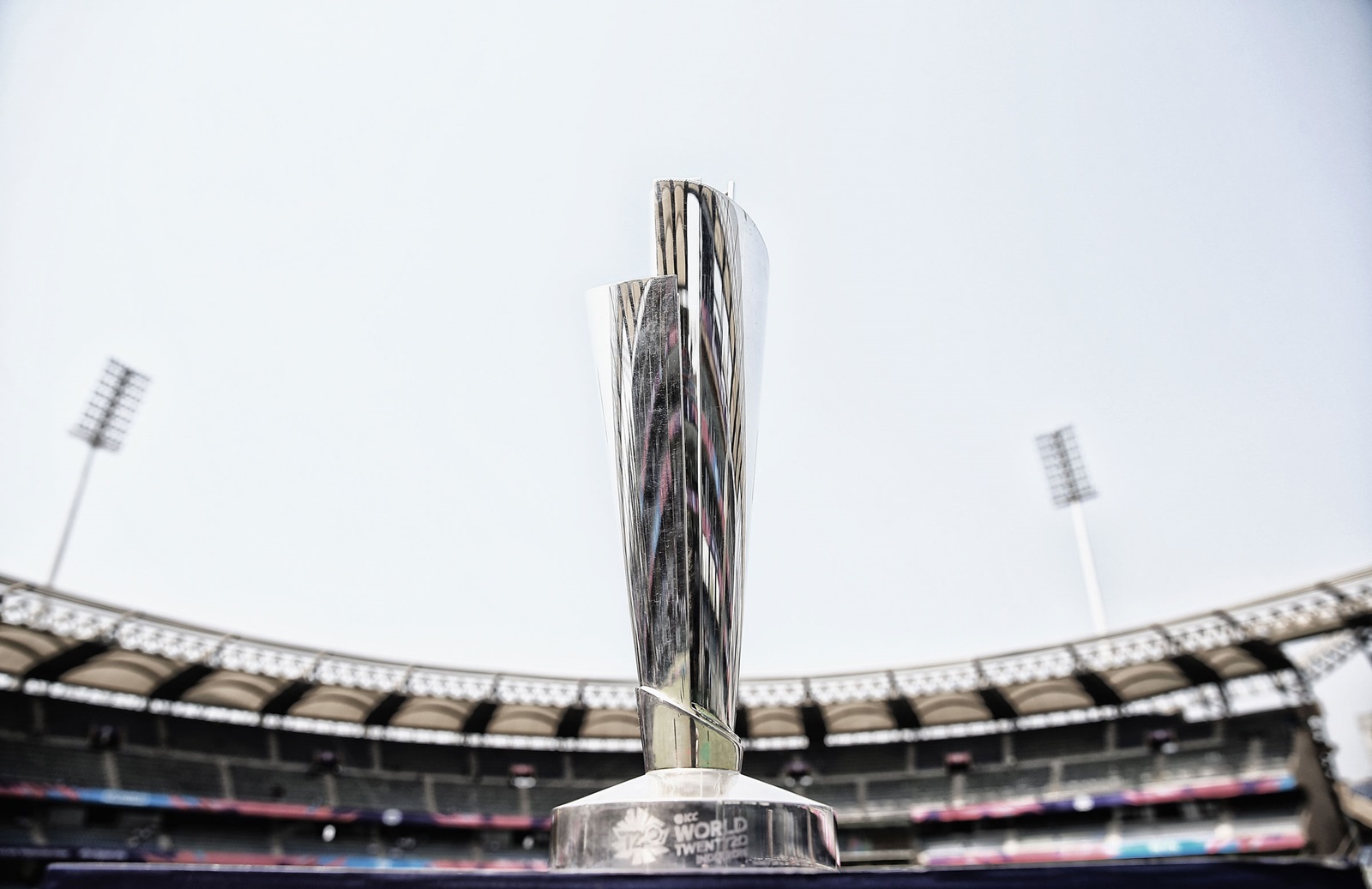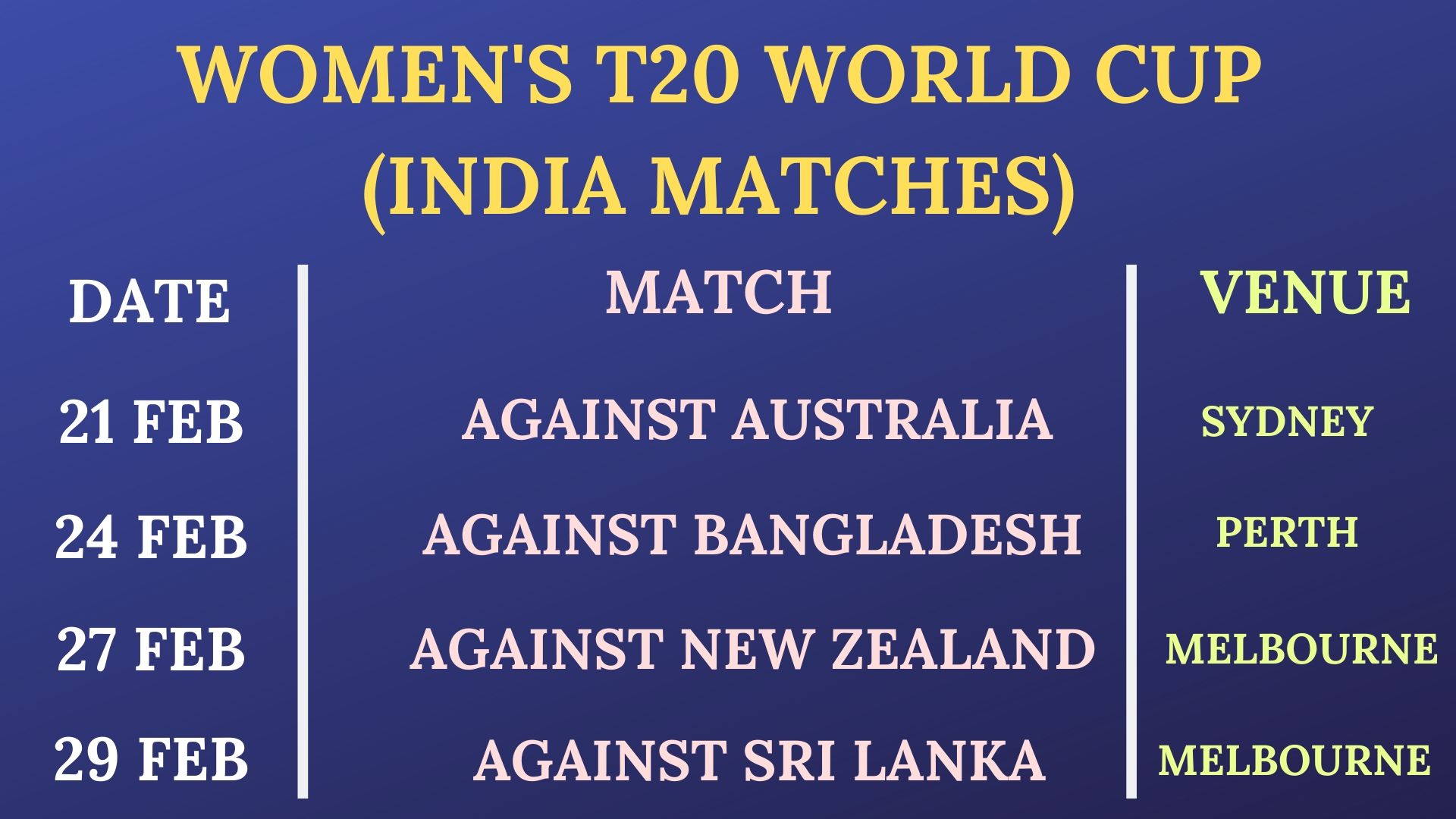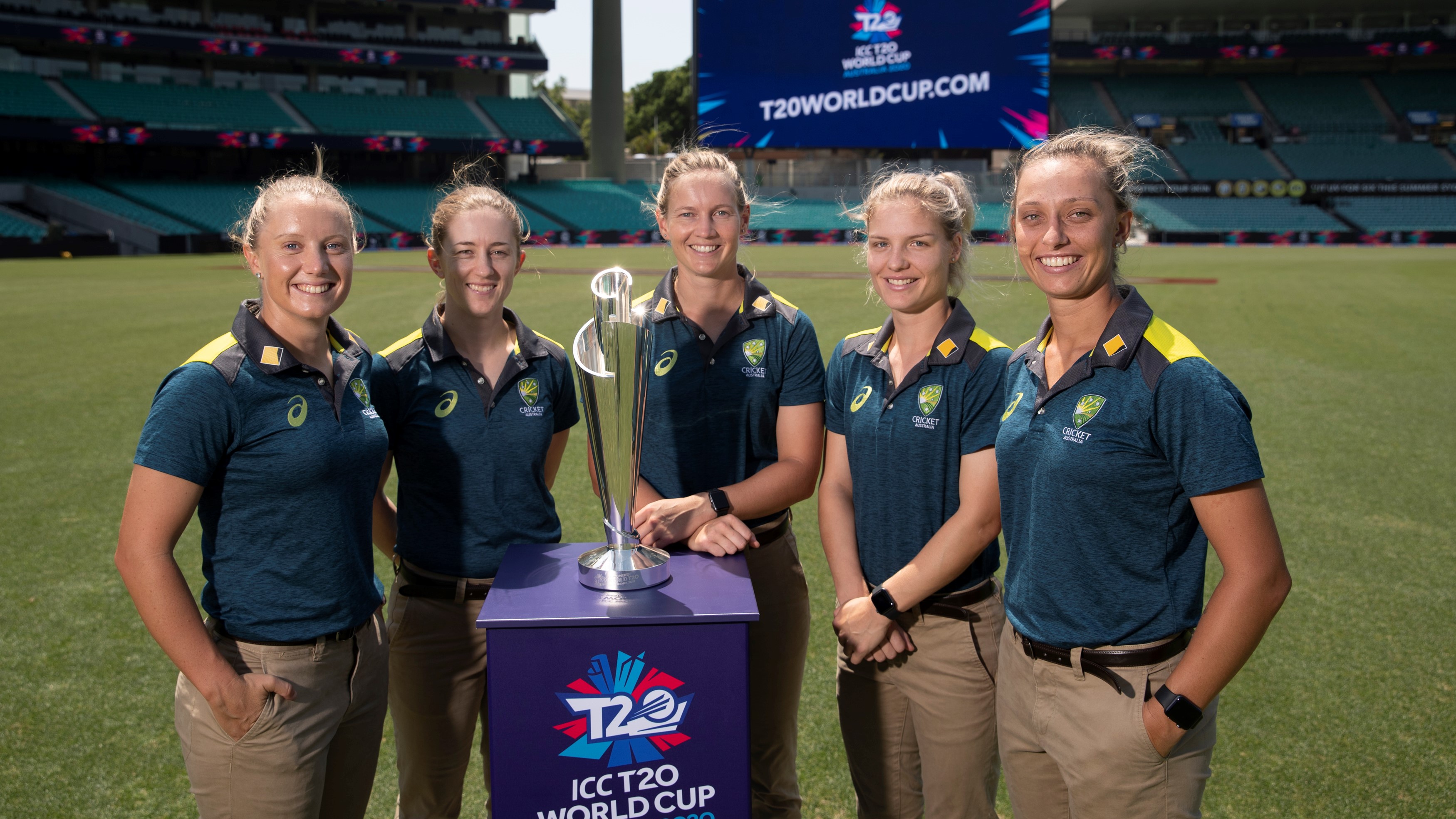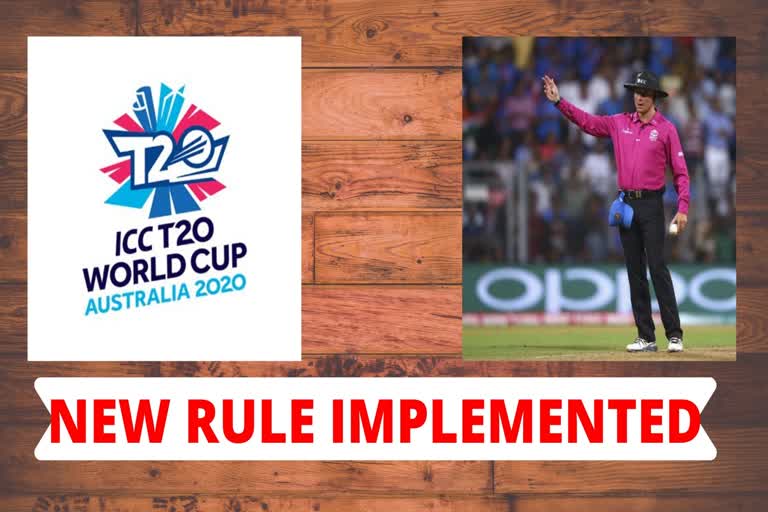Dubai: The third umpire will monitor the front foot no-ball in a global ICC tournament for the first time at the Women's T20 World Cup in Australia later this month, cricket's world governing body said on Tuesday.
The decision to use the system was made after successful trials conducted recently in both India and the West Indies.

"The third umpire will monitor the front foot landing position after each ball and communicate to the on-field umpire if the delivery was a no-ball," the International Cricket Council (ICC) said in a statement.
"The on-field umpires have been instructed not to call any front foot no balls unless advised to do so by the third umpire, although they will be responsible for calling all other types of no-ball on the field," it added.

The women's T20 World Cup is set to be held from February 21 with India and Australia opening the event in Sydney.
The technology was recently trialled across 12 games, during which 4717 balls were bowled and 13 no balls (0.28 per cent of deliveries) were called. All deliveries were judged accurately, the ICC said.
Geoff Allardice, ICC General Manager Cricket said: "...I am confident that this technology will reduce the small number of front foot no-ball errors at the ICC women's T20 World Cup."

"No balls are difficult for umpires to call accurately, and even though percentage of deliveries that are no balls is low, it is important to call them correctly."
Allardice said the technology has been cost-effective and hasn't impacted the pace of the game either.
"Since we first trialled this concept in the ODI series between England and Pakistan in 2016 the technology has improved significantly, enabling us to introduce it cost-effectively, and with minimum impact on the flow of the game."



